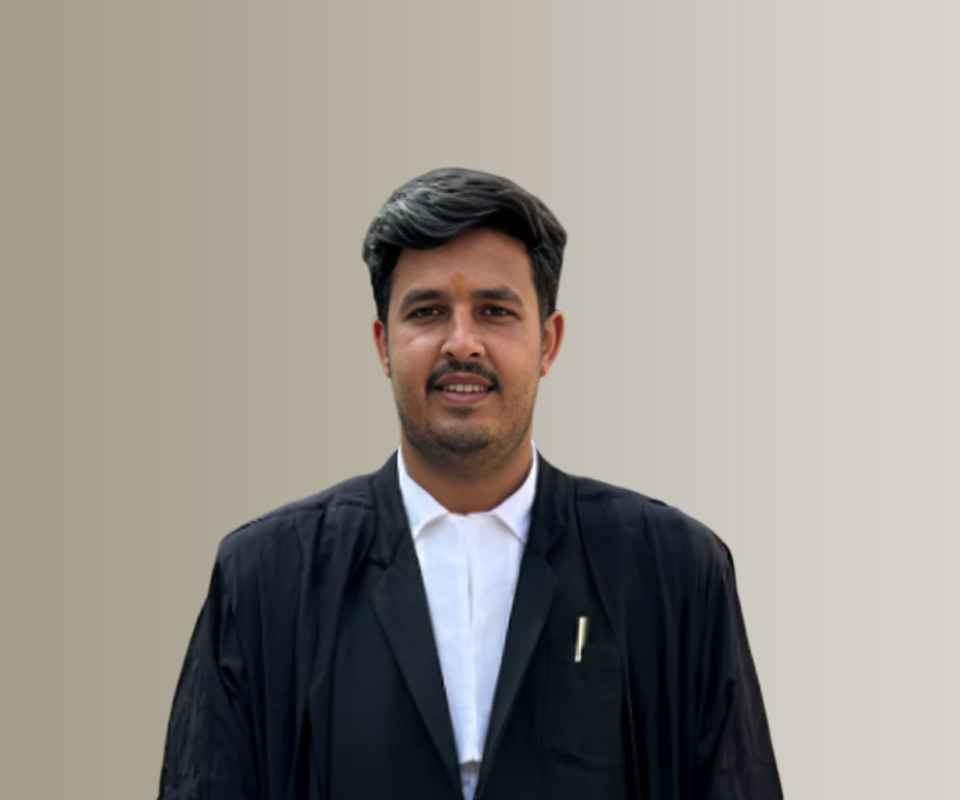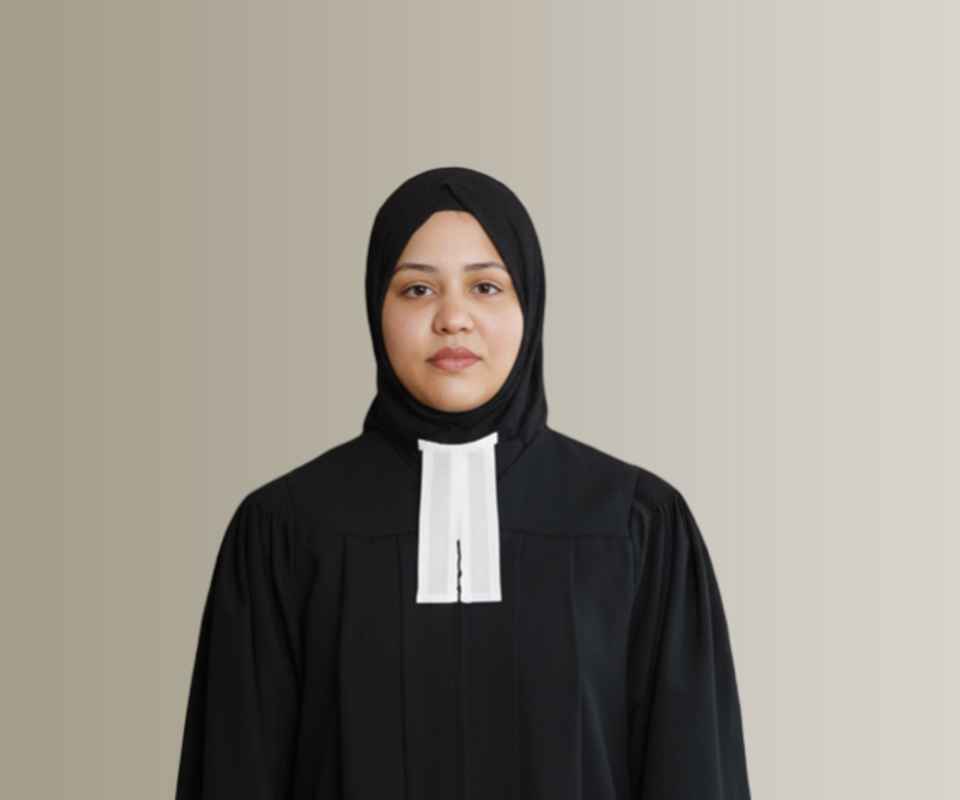Answer By law4u team
CCTV cameras are widely used for security and surveillance purposes. Since CCTV recordings capture personal data such as images and activities of individuals, they are subject to privacy laws that regulate how such data is collected, stored, used, and shared to protect individuals’ privacy rights.
Are CCTV Recordings Covered Under Privacy Laws?
CCTV Footage as Personal Data:
Since CCTV recordings capture identifiable information about individuals, they qualify as personal data under data protection laws and are protected accordingly.
Legal Framework:
While India does not yet have a comprehensive data protection law explicitly regulating CCTV, existing laws such as the Information Technology Act, 2000, and principles from the Personal Data Protection Bill (proposed) provide guidelines on lawful processing.
Purpose Limitation and Consent:
CCTV should be installed for legitimate purposes such as security, and individuals should be informed about surveillance, typically through visible signage. Consent may not always be explicitly required but transparency is essential.
Data Minimization and Storage:
Only necessary footage should be recorded and stored securely. Retention periods should be limited to what is required for the stated purpose.
Access Control:
Access to CCTV recordings should be restricted to authorized personnel only to prevent misuse or unauthorized disclosure.
Privacy Rights:
Individuals have the right to be informed about CCTV usage, and in some cases, can request access to their recorded footage or complain if privacy is violated.
Balancing Security and Privacy:
Surveillance must balance security needs with respect for privacy rights, avoiding excessive or intrusive monitoring.
Example
Scenario:
A shopping mall installs CCTV cameras for security purposes. It displays clear signage informing visitors about video surveillance, limits access to recordings to security staff, and deletes footage after 30 days unless needed for investigation.
Outcome:
This approach respects privacy laws by being transparent, limiting data collection and access, and securing the data appropriately.







